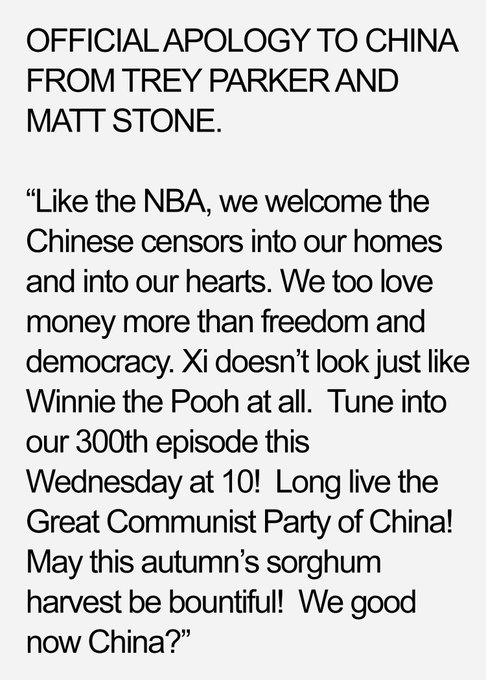By Kiki Zhao

A vigil in Hong Kong on Feb. 7, the day that Li Wenliang, a doctor who was reprimanded for warning about the coronavirus, died after being infected with it.
Reactions to Li Wenliang’s death last Friday filled the timelines of my social media accounts almost immediately.
Post after post on my WeChat.
Grief, frustration, anger.
A week later, the groundswell of emotions seems unabated.
Dr. Li, a 34-year-old ophthalmologist in Wuhan, the Chinese city at the epicenter of the coronavirus outbreak, was one of the first doctors to try to warn about the disease, and then to die from it.
The story of how the authorities muzzled Dr. Li became an instant parable for their trampling on the Chinese public’s right to know.
A week later, the groundswell of emotions seems unabated.
Dr. Li, a 34-year-old ophthalmologist in Wuhan, the Chinese city at the epicenter of the coronavirus outbreak, was one of the first doctors to try to warn about the disease, and then to die from it.
The story of how the authorities muzzled Dr. Li became an instant parable for their trampling on the Chinese public’s right to know.
The authorities’ effort to now muzzle the public’s outrage is a parable of government unaccountability.On Dec. 30, Dr. Li told former classmates from medical school in a WeChat group that several patients displaying SARS-like symptoms were being quarantined.
He was quickly summoned for questioning by the police.
On Jan. 3, Dr. Li was made to sign a statement declaring that his warning had been incorrect and was “illegal,” and that it had “disturbed social order.”
On Jan. 3, Dr. Li was made to sign a statement declaring that his warning had been incorrect and was “illegal,” and that it had “disturbed social order.”
Under a typed admonishment that said, “If you continue this illegal activity, you will be dealt with by the law! Do you understand?” he wrote by hand, “I understand.”
Would he now cooperate with the police?
“I can.”
In an interview later with Caixin, one of China’s leading investigative news outlets, Dr. Li said, “There shouldn’t be only one voice in a healthy society.”
In an interview later with Caixin, one of China’s leading investigative news outlets, Dr. Li said, “There shouldn’t be only one voice in a healthy society.”
After news broke last week that he had died, a picture with his quote ignited the Chinese internet.
Fang Fang, a fiction writer based in Wuhan, has been documenting daily life in the city.
Fang Fang, a fiction writer based in Wuhan, has been documenting daily life in the city.
“Dear internet censors, you should let Wuhan people speak,” she wrote recently.
“We’ve been locked down here for more than ten days; we’ve seen too many extreme tragedies. If you don’t allow us to express our anguish or complaints or reflections, do you really want us to go mad?”
Allowed or not, the people are expressing their anguish, complaints and reflections.
A post on WeChat with photos of young people wearing surgical masks inscribed with “I cannot” and “I do not understand” quickly spread online.
Allowed or not, the people are expressing their anguish, complaints and reflections.
A post on WeChat with photos of young people wearing surgical masks inscribed with “I cannot” and “I do not understand” quickly spread online.
So did a letter signed by 10 professors in Wuhan demanding an apology from the officials who silenced Dr. Li and other whistle-blower doctors.
Both posts were promptly taken down.
On Feb. 11, a group of middle-school teachers in Chengdu, about 700 miles west of Wuhan, posted online an open letter to their students about the outbreak.
On Feb. 11, a group of middle-school teachers in Chengdu, about 700 miles west of Wuhan, posted online an open letter to their students about the outbreak.
“In ‘The Plague,’ Albert Camus wrote that the only way to fight with the plague is honesty,” the text went.
“We cannot turn a funeral into a wedding. We cannot use songs of praise to replace questioning.”
The article, which was hugely popular online, was taken down just hours after it was posted.
The article, which was hugely popular online, was taken down just hours after it was posted.
A news website run by the city authorities of Dongying, in the eastern province of Shandong, published an article late last month praising the online censor Guo Qiqi: She sleeps just four hours a day, and monitors the internet for 20.
The article included photos of a policewoman whose job was to monitor Twitter and Facebook, which are blocked inside China.
The piece swept Weibo like a storm — but not as the authorities had intended.
The piece swept Weibo like a storm — but not as the authorities had intended.
“Trying hard to build a Brave New World,” said one comment.
The article and the comments have since been deleted.
The censors can’t keep up, though: Maybe what goes up online must come down, but what comes down will go up again.
Which might explain why, in addition to trying to prevent people from openly discussing Dr. Li’s death, the information blackout in the early stages of the outbreak and the government’s handling of the crisis overall, the authorities are also trying to peddle an alternative narrative — and one that co-opts Dr. Li’s story.
As ever, the central government in Beijing is scrambling to project the image that it has everything under control.
The article and the comments have since been deleted.
The censors can’t keep up, though: Maybe what goes up online must come down, but what comes down will go up again.
Which might explain why, in addition to trying to prevent people from openly discussing Dr. Li’s death, the information blackout in the early stages of the outbreak and the government’s handling of the crisis overall, the authorities are also trying to peddle an alternative narrative — and one that co-opts Dr. Li’s story.
As ever, the central government in Beijing is scrambling to project the image that it has everything under control.
Instead of admitting to any large-scale inefficiencies or errors, it has sent a team to Wuhan to investigate Dr. Li’s death.
Two senior provincial party officials were sacked on Thursday.
The government is also trying to cast Dr. Li’s death as the nation’s sacrifice — meaning, the Chinese Communist Party’s own.
The veteran epidemiologist Zhong Nanshan, who is credited with identifying the coronavirus that causes SARS and is widely revered, wept as he spoke about Dr. Li in an interview with Reuters this week.
The government is also trying to cast Dr. Li’s death as the nation’s sacrifice — meaning, the Chinese Communist Party’s own.
The veteran epidemiologist Zhong Nanshan, who is credited with identifying the coronavirus that causes SARS and is widely revered, wept as he spoke about Dr. Li in an interview with Reuters this week.
“The majority of people think he’s a hero of China,” Dr. Zhong said, in English, tears welling.
“I’m so proud of him. He told people the truth at the end of December.”
Many people share that view.
Only, they don’t want the Chinese Communist Party telling them who is a hero or what heroism is.
Xinhua, the party’s official news agency, has called for the population to “turn grief into strength” — and follow Dr. Li’s example to “complete his unfinished undertaking.”
That’s a dangerous invitation.
Only, they don’t want the Chinese Communist Party telling them who is a hero or what heroism is.
Xinhua, the party’s official news agency, has called for the population to “turn grief into strength” — and follow Dr. Li’s example to “complete his unfinished undertaking.”
That’s a dangerous invitation.
The people can see through the government’s ploy, and they are fuming.
On Sunday, I read an article online about Yan Cheng, a teenager with severe cerebral palsy who died on Jan. 29, a week after his father was taken into quarantine.
On Sunday, I read an article online about Yan Cheng, a teenager with severe cerebral palsy who died on Jan. 29, a week after his father was taken into quarantine.
The teenager was unable to look after himself and yet he was left on his own.
I pored over a photo of him smiling, taken not long before he died.
I thought of how cold and hungry and lonely he must have felt that last night, and I wailed.
The next day I got a notice from Weibo: The platform was banning me from publishing or reposting anything for 30 days.
The next day I got a notice from Weibo: The platform was banning me from publishing or reposting anything for 30 days.
But new posts and articles have kept appearing on my timeline, and I keep on upvoting them.
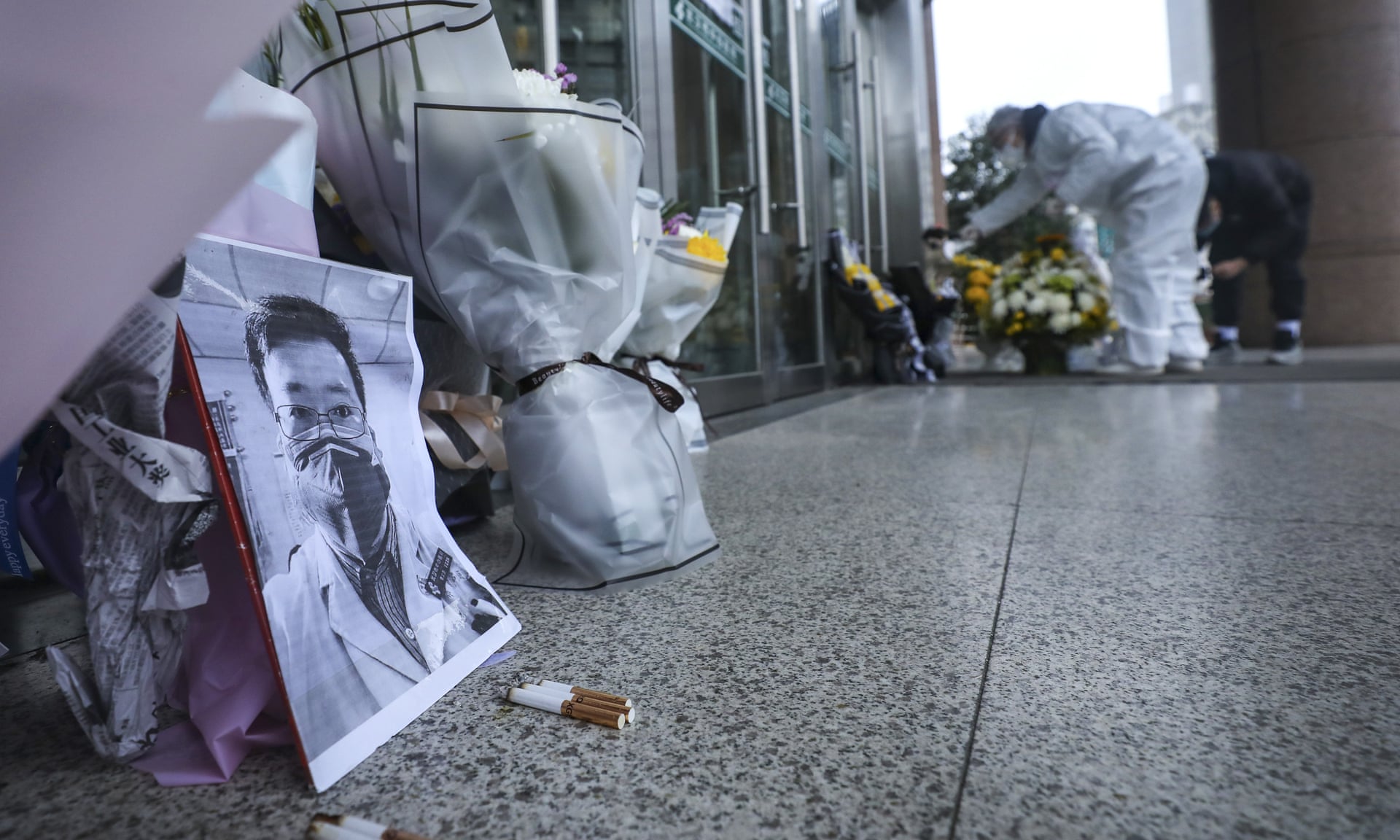
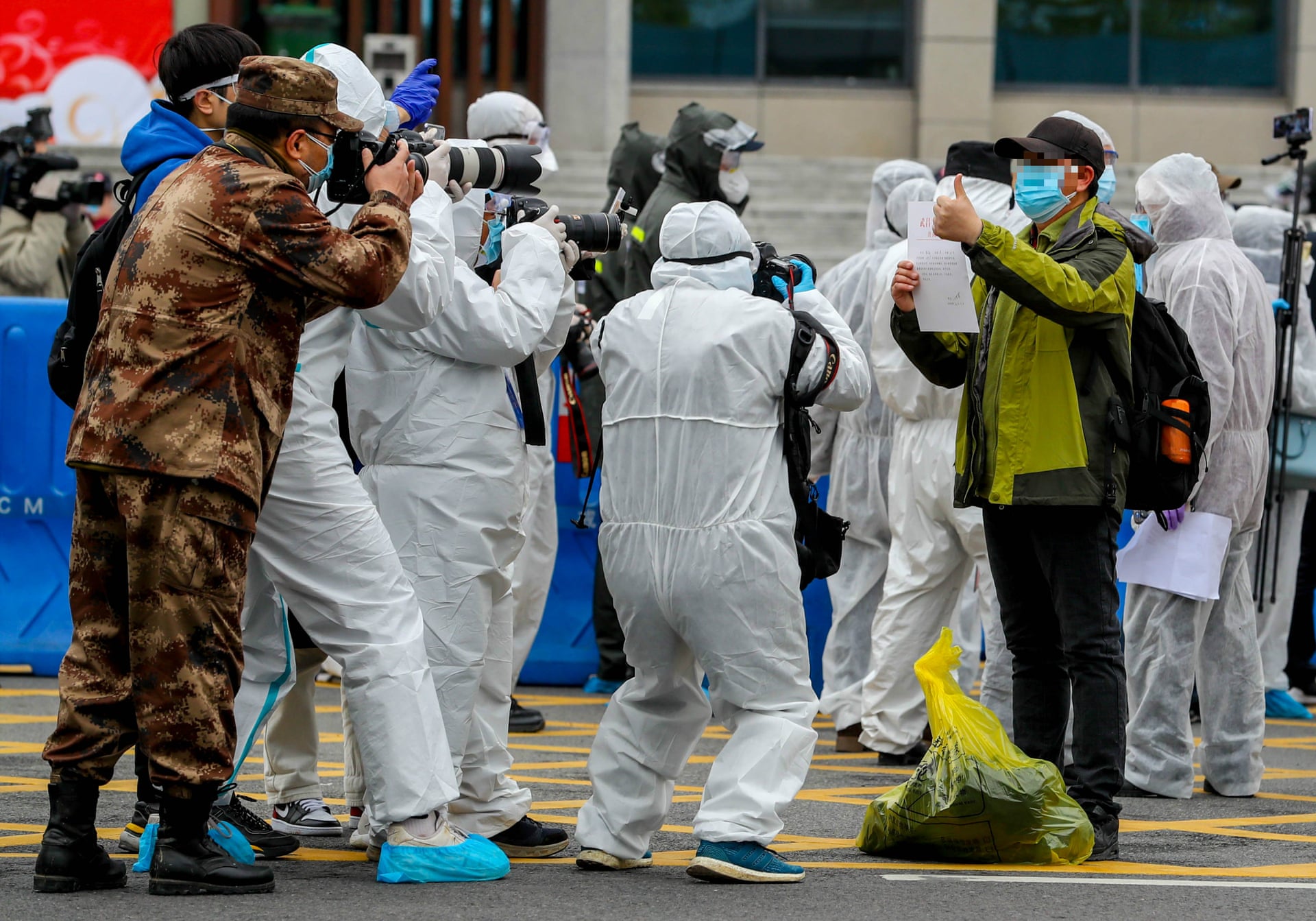
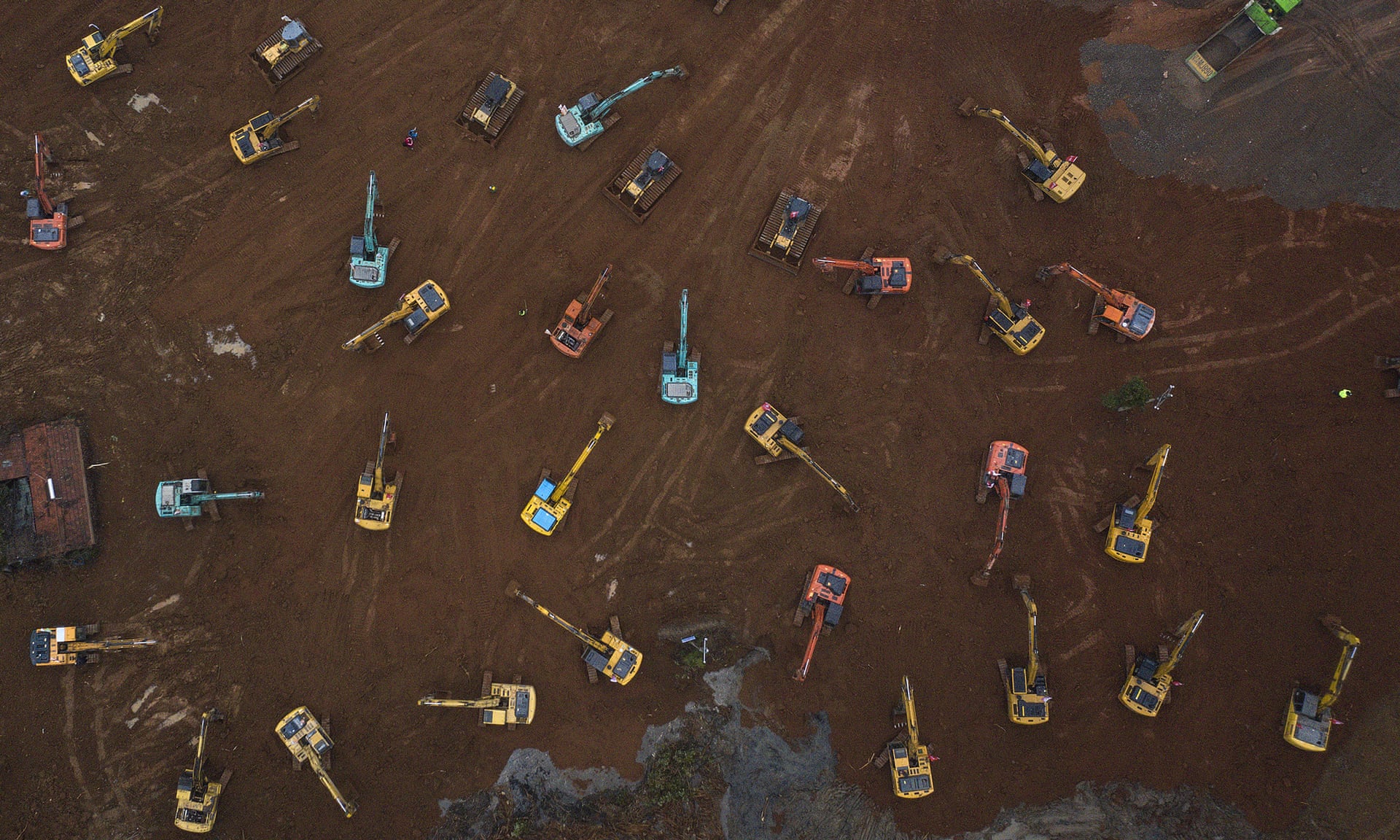


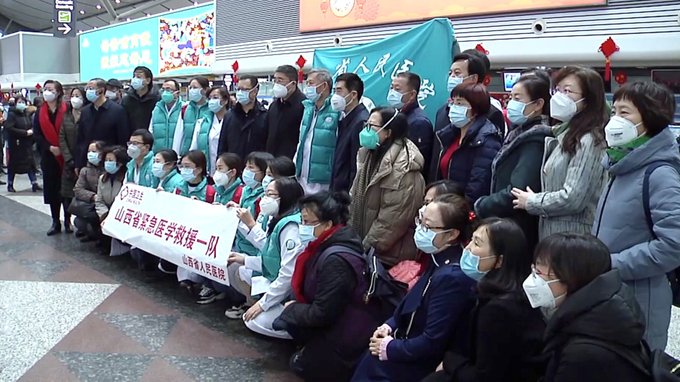



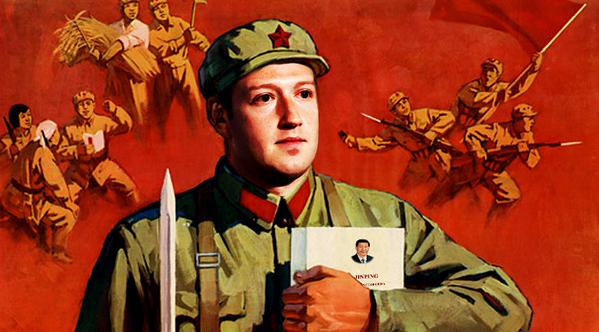






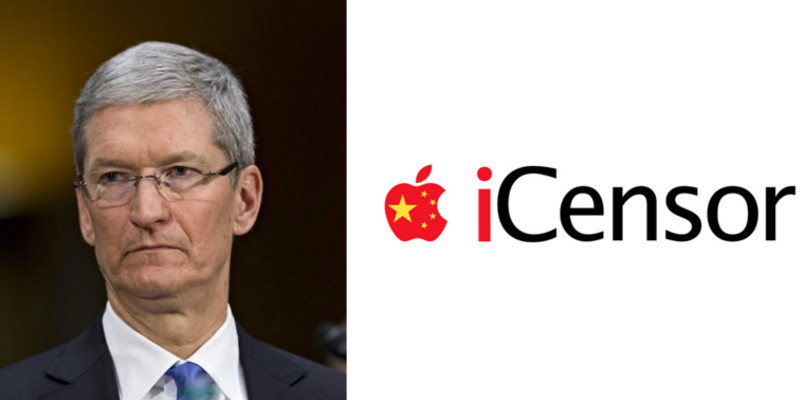
/cdn.vox-cdn.com/uploads/chorus_image/image/65422265/Screen_Shot_2019_10_08_at_11.32.36_AM.0.png) Blitzchung, the Hong Kong based player at the center of the Blizzard controversy.
Blitzchung, the Hong Kong based player at the center of the Blizzard controversy..jpg)


